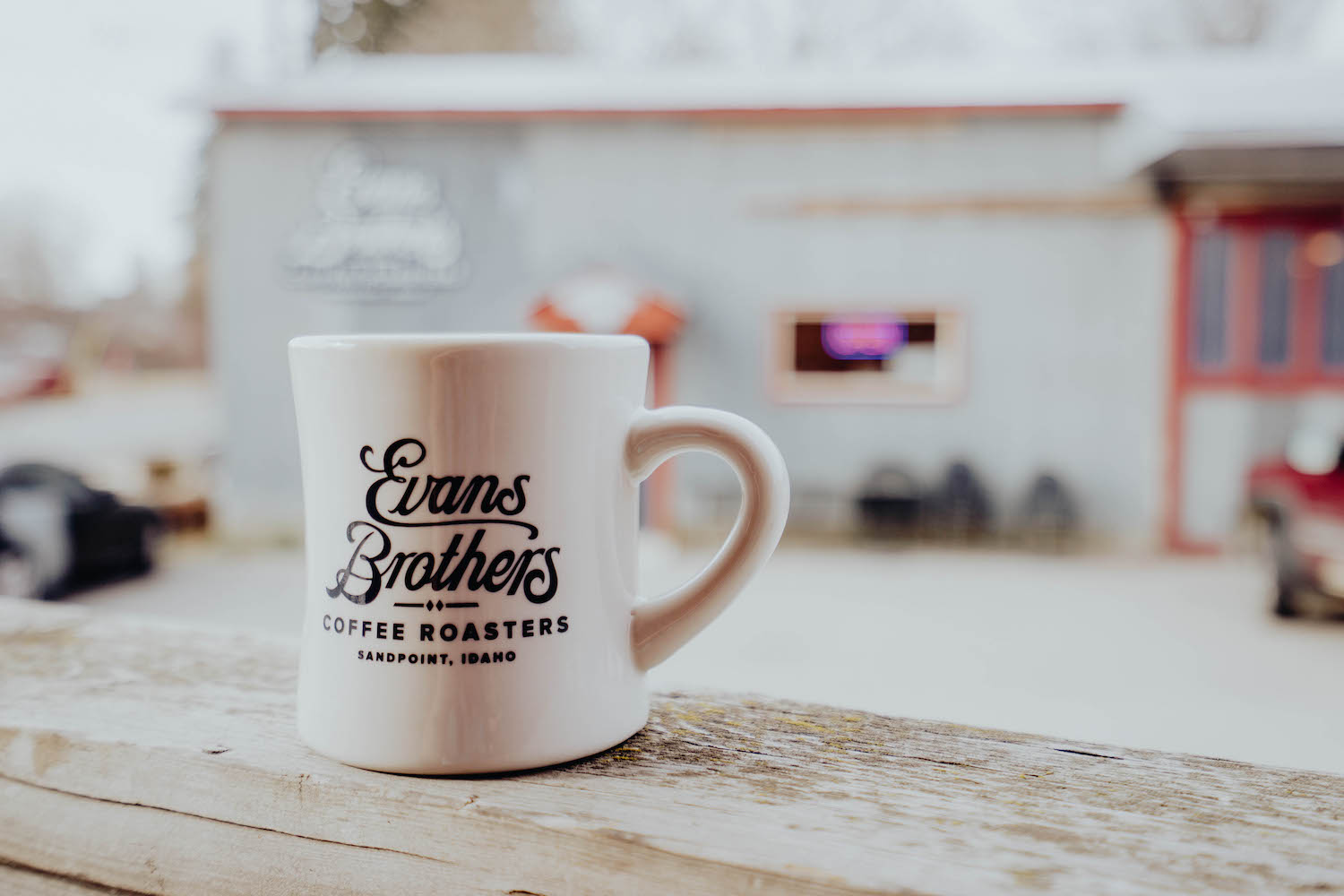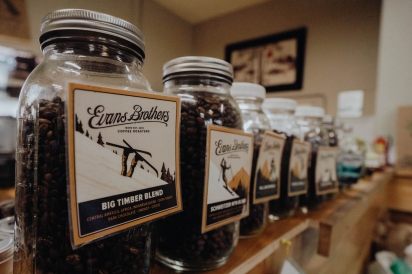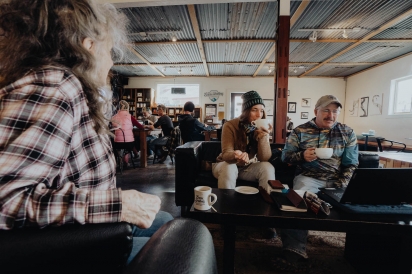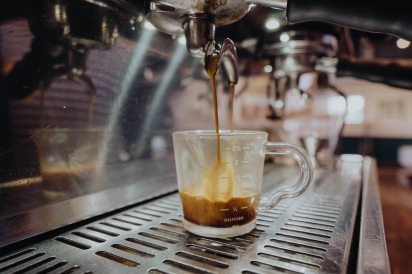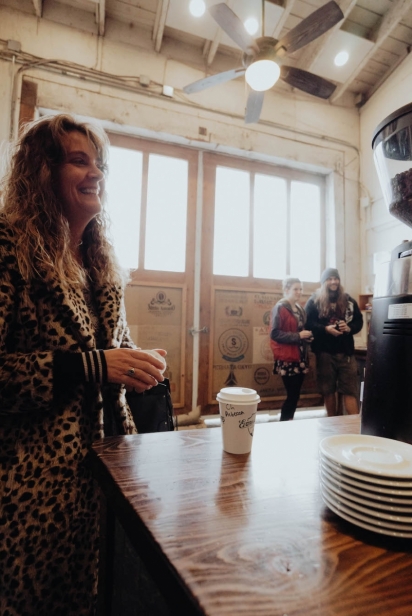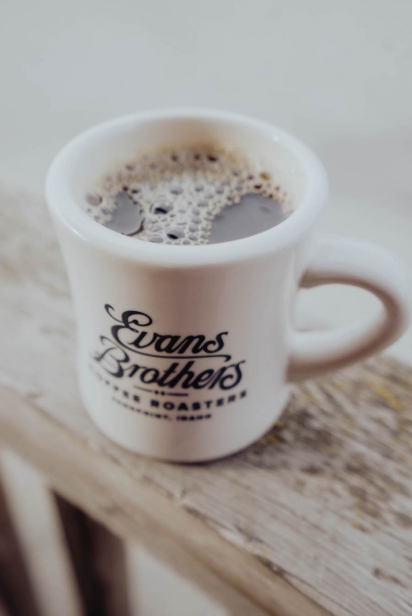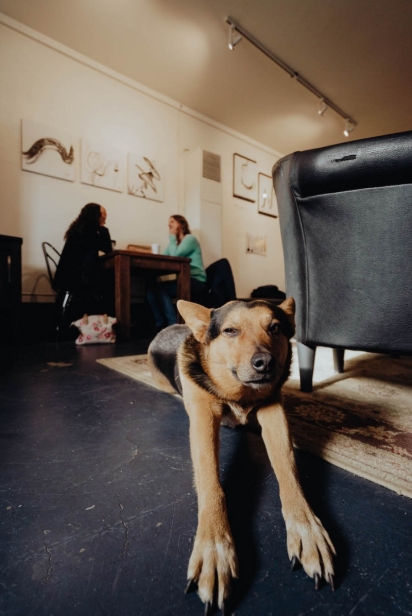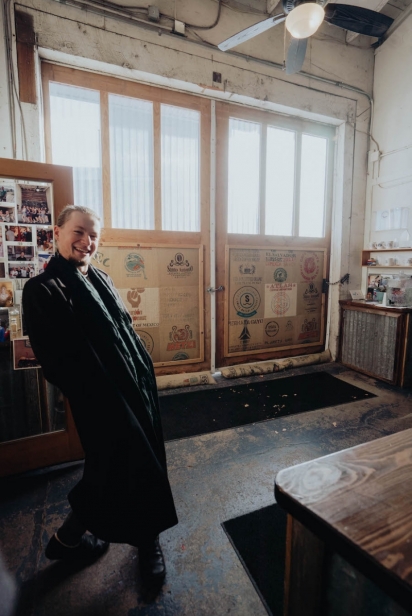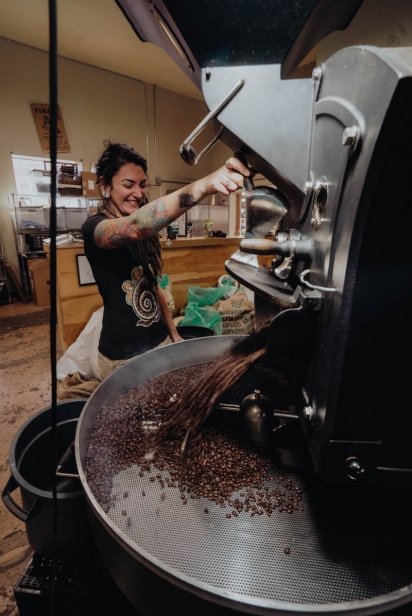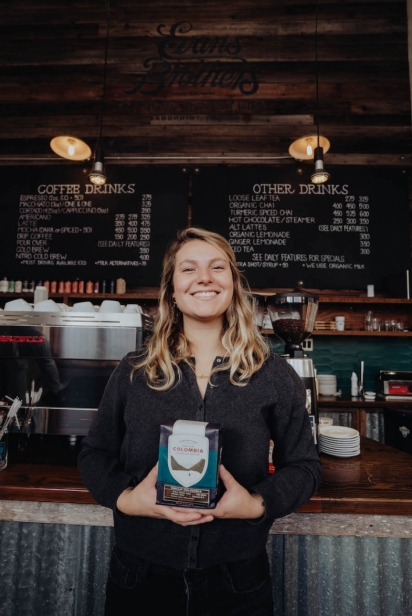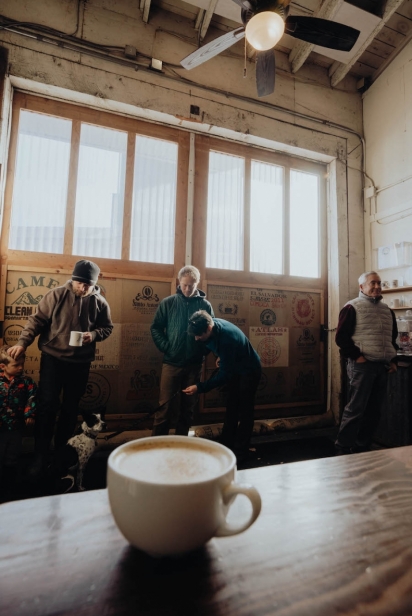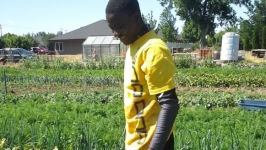Beyond the Cup
The terms fair trade and organic are as common to artisan coffee culture as affogatos and pour-overs, just as charitable giving and civic-mindedness have become part of the lexicon in corporate culture. Sandpoint-based Evans Brothers is at the intersection of these two trends, with a business model steeped in both.
“When we started we wanted to reach out to the local community any way we could,” says Randy Evans, who created Evans Brothers Coffee Roasters with his brother, Rick Evans, 10 years ago. “We always said yes.”
The brothers had moved to Sandpoint a few years prior, lured by the region’s reputation as an outdoor mecca, including Schweitzer Mountain Ski Resort. This picturesque town of under 8,000 people is bordered by Pend Oreille River to the south, railroad tracks to the west and both Sand Creek and Lake Pend Oreille to the east. It’s home to a growing aerospace and tech industry, has a small airport, and has a fairly robust arts and culture scene for its modest size. It’s also home to more than 150 registered charitable organizations, so to assert that one business might be a model for charitable giving and creating community is no small matter.
By 2009, the brothers had launched their own roasting company, trading on Rick’s business and marketing background and Randy’s coffee expertise, which included head roaster at Seattle’s prestigious Storyville Coffee. Rather than locate Evans Brothers downtown, an area roughly five streets square with waterfront views, they opted for what locals call the Granary District: a cluster of 1930s industrial buildings formerly belonging to the Co-Op Gas and Supply Company. Other than the “K9 Keg Pull” during Sandpoint’s annual winter carnival, however, the large graveled area inside the Granary District boundary saw very little use. The brothers were unfazed. “If we make a great cup of coffee,” Randy Evans says, reflecting on their philosophy at the time, “people will find us.”
Every day they opened their doors for business, they opened them to the community as well. They regularly hosted “Yappy Hour,” welcoming dogs and their owners for an event supporting the local animal shelter. They hosted art receptions and community get-togethers, and partnered with local charities, which benefited from free and abundant space for their events, which typically included a portion of coffee sales.
Helping organizations raise money isn’t the only benefit, says Rick Evans. “It’s getting a lot of people connecting to these different groups and understanding what they’re doing for the community, for the world.”
The funky and welcoming vibe and community-minded approach resonated with people, and their location soon became a community hub Sandpoint didn’t realize it needed. It especially helped revitalize the Granary District.
When it was looking for a place to open its new business, Matchwood Brewing’s ownership team was impressed enough to invest heavily in an adjacent Granary District building. “We look forward to working with [Evans Brothers] on special events; they are clearly a positive, thoughtful and energetic force in the community,” says Michelle Hochkeppel, who manages the brewery, which opened in Fall 2018. “As we hit our own one-year mark, we hope to parallel the spirit they bring to the Granary District: elevate, grow the area and look ahead to what’s to come.”
Evans Brothers’ sense of charity and community isn’t limited to Sandpoint. In addition to expanding south to Coeur d’Alene, they’ve also recently launched a location in Spokane, Washington, in all cases reaching out to community organizations to partner with them wherever possible. The coffee community is another benefactor of the brothers’ approach to giving. “There’s been a ‘third wave’ specialty coffee movement for the past 10 years,” says Randy Evans, ticking off a list of regional coffee houses he admires: Indaba, Roast House, DOMA. Together, they helped spearhead a regional barista competition—it’s called a Thursday night throwdown—to promote coffee culture throughout the Northwest. “Even roasters we’re competing with, we’re still friends.”
Perhaps the most significant recipient of their community-minded business approach is the web of suppliers on whom Evans Brothers’ relies for its coffee. They know the producers of around 80% of their coffees, which hail from Colombia, Brazil, El Salvador, Guatemala, Ethiopia and Costa Rica.
“We make a point to really solidify those relationships by traveling to the origins if possible,” says Randy Evans, who traveled this past spring to Guatemala for a competition among organic farmers. There he met Maria Escobar and witnessed the backbreaking labor required to cultivate coffee.
“It’s really humbling,” says Randy Evans, who asked Escobar what her biggest challenges were. When she said they had difficulty drying the beans, Randy worked to get her a bubble dryer. “With climate change and everything else, she has her hands full.” Drought and leaf rust are huge problems for farmers, explains Randy Evans, who notes that farmers are being wiped out by diseases at higher elevations and with more frequency than in years past.
“[Farmers] really are the future of specialty coffee,” says Randy Evans, noting that supporting fair trade isn’t enough. In addition to providing a secure revenue stream, they want to support growers on a personal level.
“It’s about relationships.”


